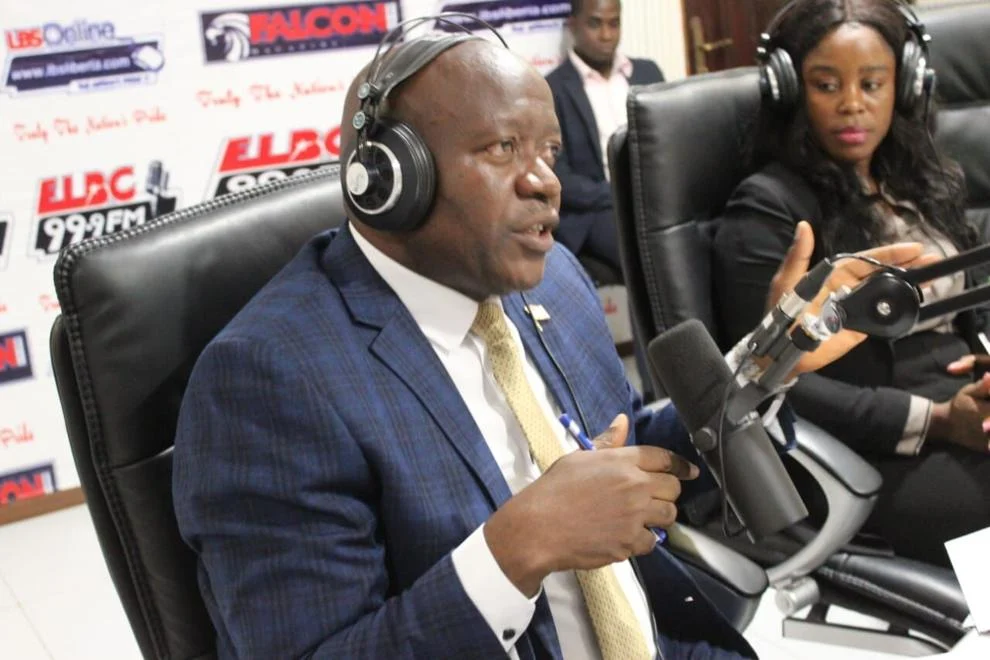MONROVIA, LIBERIA-The Liberian Government has assured of ending the victimization that was caused by the Harmonization Policy under the previous administration.
According to the Government, the Harmonization did not bring harmony in the disposal or take-home salaries of civil servants, thus creating more hardship and poverty.
Finance and Development Planning Minister Augustine Ngafuan told ELBC’s Super Morning Show on Thursday, October 17,2024, that the 2025 Draft National Budget will reflect the Government’s will to improve the pay grid of civil servants.
Minister Ngafuan said:” The Government is not entirely focused on rolling back the Harmonization Policy, but, instead, working hard to expand the budget and increase the disposable incomes or salaries of civil servants.”
According to the finance minister, the economic and fiscal challenges inherited by the Government are enormously beyond just harmonization.
At the same time, the Finance and Development Planning Minister said:” The formulation of the 2025 Draft National Budget is considering different debt payment.”
Data from the country’s debt envelop, a copy of which in the possession of this station, reveals that Liberia’s debt stock amount to two-point-six billion UD Dollars. Domestic debt is the tone of one-point-one billion, external debt is one-point-five billion, while debt to Gross Domestic Product (BDP) ratio is fifty-six-point-seven billion USD.
Minister Ngafuan also stated that fifteen million USD is being included in the Draft National Budget for 2025 to repay the eighty-three million dollars accrued by the past government taken from the reserve of the Central Bank of Liberia (CBL), adding that the decision by the immediate past Government to borrow from the reserve was a complete violation of the Act creating the CBL.
Minister Ngafuan said fifteen million USD is being allocated in the 2025 budget to address problems created through the harmonization and another eighteen million USD for ECOWAS trade levy.
In a related development, Liberia is one of fourteen countries in Africa that stands to from an Energy Compact under the African Development Bank.
Other benefiting countries are Burkina Faso, Chad, Cote D’Ivoire, D.R. Congo, Niger, Nigeria and Senegal, among others.
The Energy Compact, also known as Mission 300, was launched by the African Development Bank, World Bank and other partners, with the aim to improve electricity access to over three hundred million Africans.
Making the disclosure, Finance Minister Ngafuan described the initiative as critical to addressing Liberia’s electricity nightmare.
Minister Ngafuan said:” That project, coupled with the Government’s intervention through the expansion of the Mount Coffee Hydro Power Plant, is expected to greatly boost electricity supply.
The Finance and Development Planning Minister said:” The current electricity problem is not only suppressing investments, but also small businesses that rely on energy to gain profits.”

